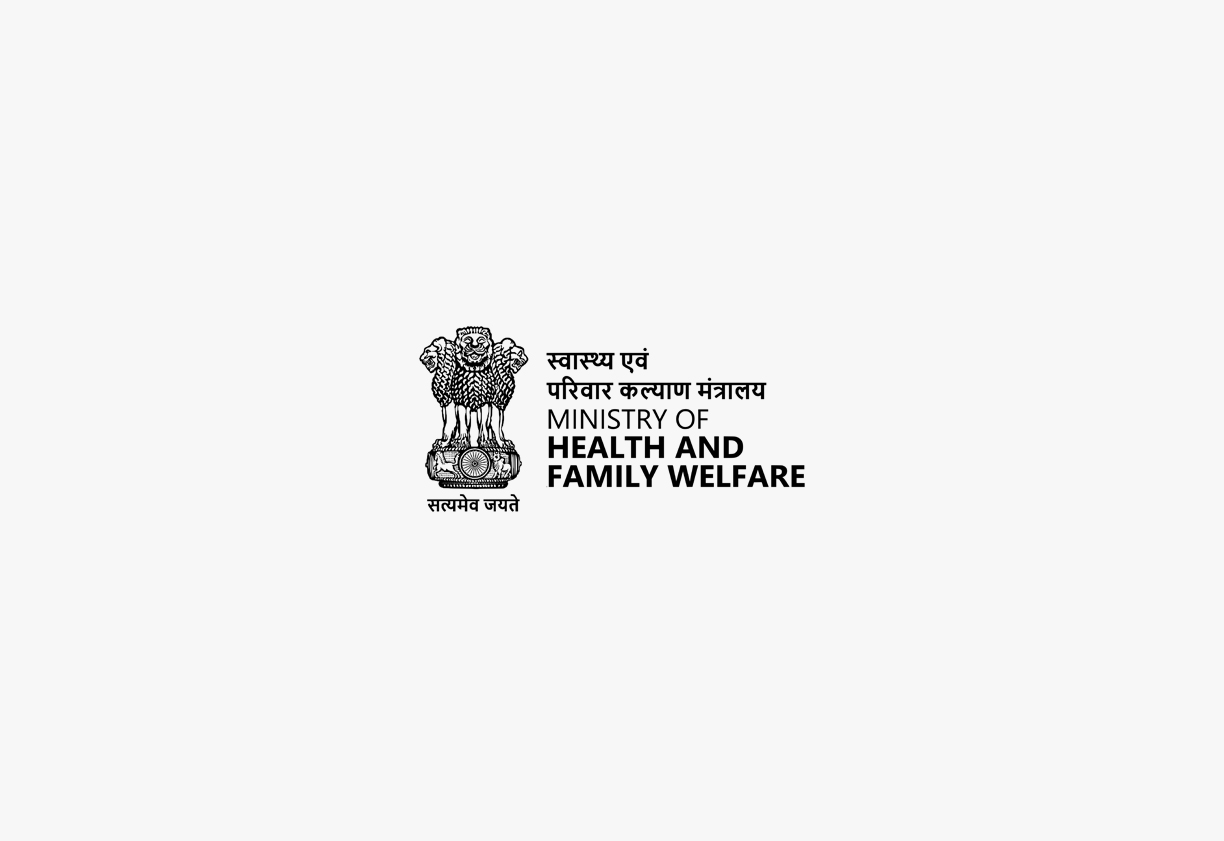Ministry of Health and Family Welfare
Act Background and Ministry Under Which This Act Is:
The Indian Nursing Council Act, 1947, was enacted to establish the Indian Nursing Council. The primary objective of this act is to ensure uniform standards in the training of nurses, midwives, and health visitors across India. The act falls under the administrative purview of the Ministry of Health and Family Welfare, which oversees the operations and compliance of the Indian Nursing Council, ensuring its alignment with the nation’s health and social welfare goals. It is a crucial part of India’s healthcare regulatory framework.
Enactment Date, Number of Chapters, Number of Sections:
The Indian Nursing Council Act was enacted on 31st December 1947, and is known as Act No. 48 of 1947. The act is structured into 17 sections, without formal chapters. These sections cover various aspects, including the constitution of the council, recognition of qualifications, power to make regulations, and the establishment of the Indian Nurses Register. The act also includes a schedule that outlines recognized qualifications.
Act Governed By:
The Indian Nursing Council Act is governed by the provisions outlined within the act itself, as well as regulations framed by the Council. The Central Government plays a significant role in the administration of the Act, including the initial appointment of the President and the power to amend the Schedule. The act empowers the Indian Nursing Council to set standards and oversee the training of nursing professionals. It is a mix of self-regulation and government oversight.
On Whom It Is Applicable:
The provisions of the Indian Nursing Council Act are applicable to the Indian Nursing Council, its members, and all nursing, midwifery, and health visitor training institutions in India. The act also applies to the State Nursing Councils and all nursing professionals who seek recognition and registration in India. The act ensures that all such institutions and professionals adhere to the standards set by the Indian Nursing Council. The general public are indirect beneficiaries of the act’s provisions.
Penalties/Punishments:
The Indian Nursing Council Act does not specifically lay down penalties or punishments for violation of its provisions. However, the Act empowers the Council to withdraw recognition of qualifications and institutions that do not meet the set standards. The act also provides for the removal of names from the Indian Nurses Register for non-compliance. The focus is on maintaining quality and standards through regulatory measures.
Important Pointers:
-
Establishment: The act establishes the Indian Nursing Council as a body corporate with perpetual succession.
-
Council Composition: It outlines the composition of the Council, including representatives from State Councils, medical and nursing associations, and the government.
-
Recognition of Qualifications: It provides for the recognition of nursing, midwifery, and health visitor qualifications.
-
Indian Nurses Register: It establishes the Indian Nurses Register to maintain a record of all registered nursing professionals.
-
Power to Make Regulations: It empowers the Council to make regulations for the management and procedures of the Council and the maintenance of standards.
-
Withdrawal of Recognition: The act allows for the withdrawal of recognition for non-compliant institutions.
-
Uniform Standards: It ensures uniform standards of training for nursing professionals across India.
-
Reciprocity: It provides for reciprocal recognition of qualifications with other countries. The act is therefore comprehensive in its scope and coverage.
Act Copy:




